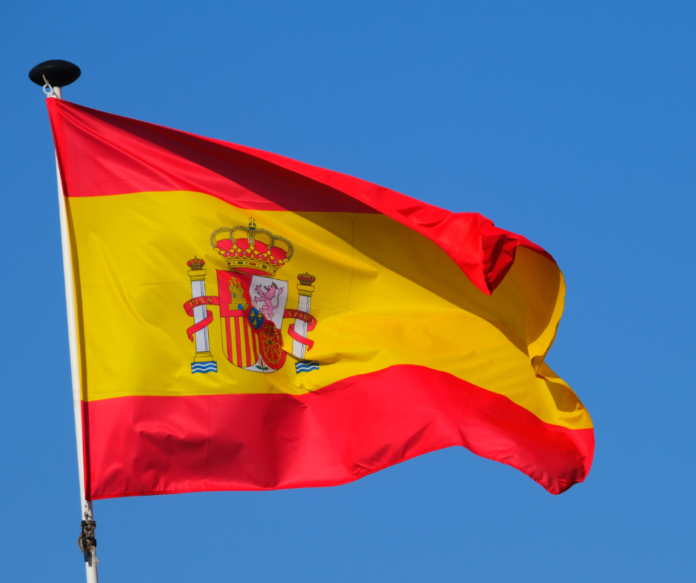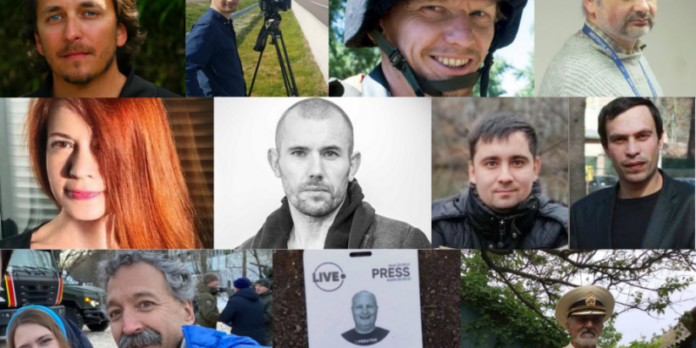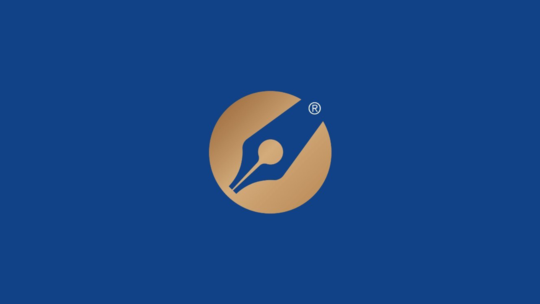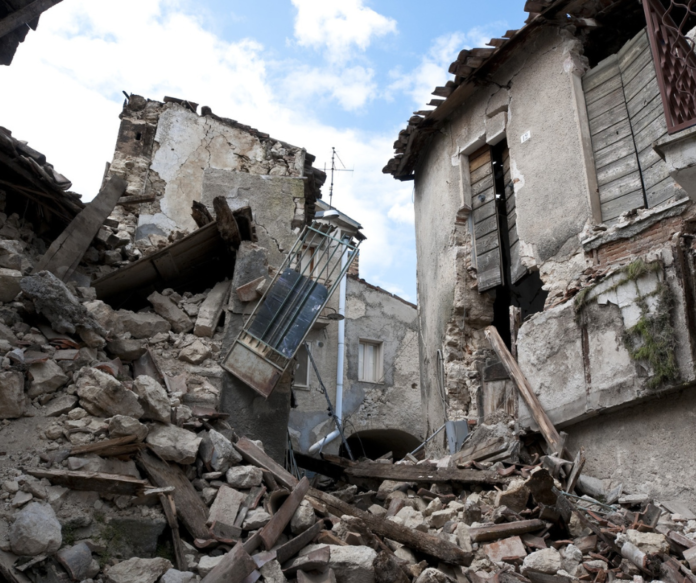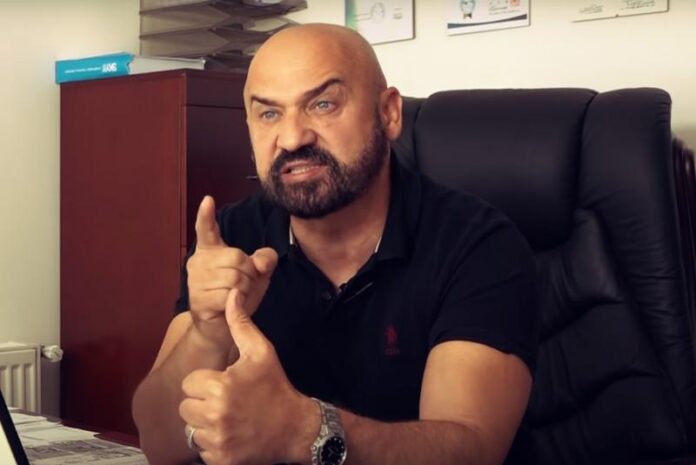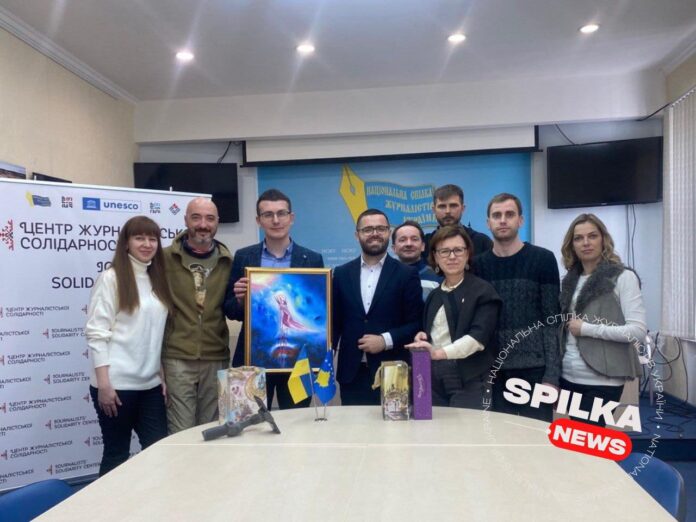Also in Bosnia and Herzegovina one of the major obstacles to the exercise of the journalistic profession is represented by the so-called SLAPPs, lawsuits seeking to silence or limit the work of journalists and civil rights activists
Strategic Lawsuit Against Public Participation are one of the main threats to press freedom in the Western Balkans, as denounced by some of the main European journalistic organisations.
Maja Sever, president of the European Federation of Journalists (EFJ) and of the Union of Croatian Journalists (SNH), dealt with the topic during a training course for journalists, held in Banja Luka in November 2022. Focusing in particular on the situation in Croatia, Sever explained that, in addition to being subjected to unacceptable intimidation and threats, Croatian journalists are literally overwhelmed by lawsuits, which are one of the major obstacles to the free exercise of the journalistic profession, not only from a financial point of view, but also because they force journalists to spend entire days in court, often having to travel to another city to attend the hearing, and it is a very exhausting experience.
What are SLAPPs?
SLAPPs are lawsuits or countersuits brought against individuals or organisations that publicly address various issues of public interest. They are usually filed by businessmen, large corporations, and public officials. Their goal is to intimidate and silence critical voices, hoping that the defendant, forced to face a criminal trial and bear the associated costs, renounces to express any criticism or dissent.
The proceedings can last for years and, in addition to forcing the defendants to bear often significant legal costs, risk damaging their reputation. The media and journalists’ associations of the Western Balkans consider SLAPPs a form of intimidation and aggression against journalists, i.e. a sort of legal bullying .
According to data from the Association of Journalists of Bosnia and Herzegovina, in most cases SLAPP trials are characterised by a disparity of power and economic resources between the defendant and the plaintiff to the advantage of the latter, and that is why the charges, partly or wholly unfounded and exaggerated, have a greater deterrent effect. The plaintiff is aware of this from the beginning and this makes their allegations malicious.
The report also points out that many lawsuits against journalists are intimidating, but not all of them qualify as SLAPP. What distinguishes SLAPPs is the reason behind them and the effect they produce: a SLAPP is preceded by a warning, which sometimes alone is enough to silence journalists. Furthermore, SLAPPs are usually filed for defamation, but also for violation of privacy and data protection and intellectual property laws, and are accompanied by claims for damages and publication bans, thus leading to press censorship.
Activists are also targeted by SLAPPs
SLAPPs are also filed against activists and non-governmental organisations. In 2022 in Bosnia and Herzegovina many activists ended up in the crosshairs of SLAPP. In October 2022, two environmental activists, Sara Tusevljak e Suncica Kovacevic, were targeted for their commitment to defending the Kasindolska river. The complaint was filed by the Belgian company Green Invest, which obtained the concession for the construction of three small hydropower plants on this river near Sarajevo. Sara and Suncica received the support of more than 140 organisations from Bosnia and Herzegovina and the entire region, but also from other European countries and the United States. Local activists have repeatedly expressed concern about the potential negative impact of the construction of small hydropower plants on the Kasindolska River and the surrounding environment – a completely justified one, as during the construction of the access roads to the construction site a protective forest was cut down, causing soil erosion.
Lejla Turcilo, professor at the Faculty of Political Sciences at the University of Sarajevo, explains that the purpose of SLAPPs is to prevent debate on certain issues of public interest, i.e. to transfer the debate from the public sphere to the judicial one. In other words, anyone who decides to file a SLAPP is not doing it just to get revenge against those that criticise their work, but to silence any dissent in society. Thus the debate on what the public interest is and how to protect it is transferred to the judicial sphere, excluding citizens.
Unfavourable environment for critical debate
In Bosnia and Herzegovina, the media landscape is characterised by poor safety and protection of journalists, who do not enjoy sufficient economic and social protection, by inadequate criminal policies and by jurisprudential practice on defamation in contrast with the practice of the European Court of Human Rights.
A report published by the regional platform Safejournalists.net stresses that in Bosnia and Herzegovina there is an increasingly widespread tendency to file SLAPPs against journalists, accompanied by requests for compensation for damages, so much so that some media have found themselves forced to shut down or to downsize their operations under financial pressures related to defamation suits. This is the case of Slobodna Bosna which had to suspend the publication of the paper edition due to over fifty SLAPPS.
According to data released by the Association of Journalists of Bosnia and Herzegovina, there were 300 pending defamation cases in BiH in 2020. Of these, 80% were initiated on the basis of lawsuits filed by politicians and state officials. Approximately forty defamation lawsuits regarded as SLAPPs were filed in 2016-2021 alone. What distinguishes Bosnia and Herzegovina from other countries is the fact that defamation cases are often filed by court holders. Furthermore, many media outlets have been hit with dozens of lawsuits brought by the same person, which, as stated in the report of the Safejournalists platform, clearly demonstrates the plaintiff’s intention to financially destroy the defendant.
According to the latest Reporters Without Borders ranking on press freedom, Bosnia and Herzegovina has dropped by nine places compared to 2021, ranking 67th out of 180 countries taken into consideration. The report highlights that in Bosnia and Herzegovina the media operate in an extremely unfavourable political and social environment and, consequently, journalists do not feel safe in carrying out their work. The economic environment is unfavourable due to the small size of the market and the lack of sustainable funding. The difficult economic situation, accompanied by dependence on the centres of political and economic power, deters many media outlets from doing critical journalism. The situation of the media in BiH is also affected by the ethnic divisions that persist more than three decades after the war, as well as the competition from the media of neighbouring countries that belong to the same linguistic area.
Fight for freedom of expression
Professor Lejla Turcilo believes that the creation of a network for monitoring and combating SLAPPs in BiH would be “a very important step for solidarity and the fight against self-censorship in the public sphere”. In her words, the fight against SLAPPs must be a priority for 2023 “not only for journalists, the media, activists and others affected by the gag lawsuits, but for all of us citizens, because by engaging on this front, we protect the right to open debate in the public sphere as a fundamental value of any democratic society”.
Turcilo explains that the fight against SLAPPs must be institutional and systemic, with the adoption of appropriate regulations and strategies at national, regional, and global levels. Furthermore, it is very important to publicly support the journalists and activists who are targeted. “Providing financial support, even symbolic, to those forced to pay compensation is a good way for us citizens to take on our share of responsibility in the fight against SLAPPs that pose a threat to all of us and to our right to freedom of information and criticism and are, therefore, unacceptable”, concludes professor Turcilo.
To ward off gag lawsuits, media professionals in BiH propose amending the defamation law, setting a maximum amount for damages claims, and introducing a special tax for lawsuits. On the other hand, the authorities of Republika Srpska have for years been announcing their intention to introduce the crime of defamation, but to date nothing has been done probably due to a strong dissent of public opinion which believes that the authorities only want to discipline the media and journalists.
As there is no official SLAPP registry in Bosnia and Herzegovina, the Association of Journalists of BiH announced in early 2023 that it would create a SLAPP Registration, Monitoring and Awareness Working Group which will work closely with the European Federation of Journalists.
Among the countries in the region, Croatia leads in the number of SLAPPs (over 900 in December 2022), while in Serbia 26 SLAPPs were registered between 2010 and 2020, including 22 against the media and journalists. Many were filed by politicians and state officials themselves.


